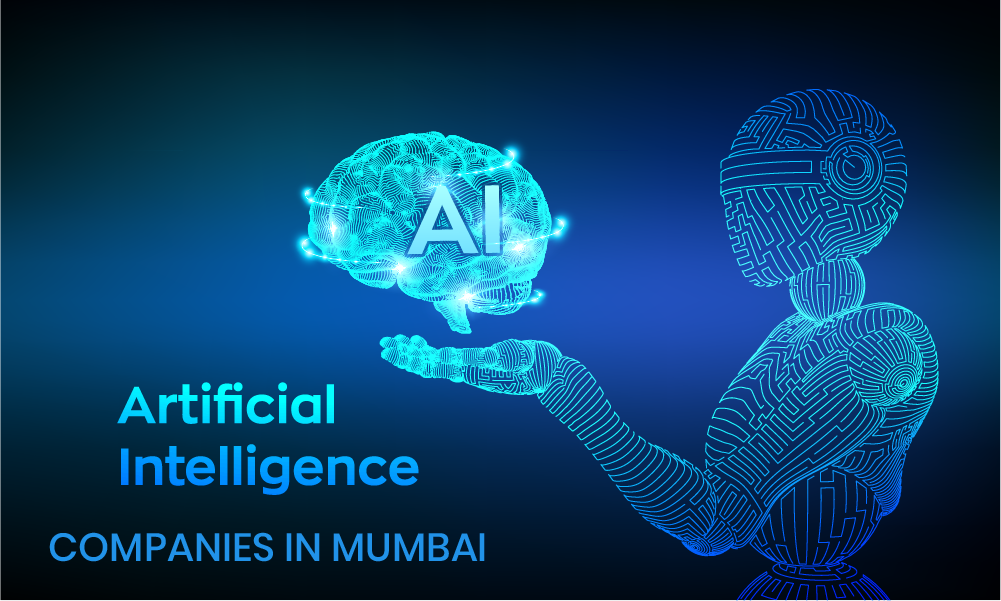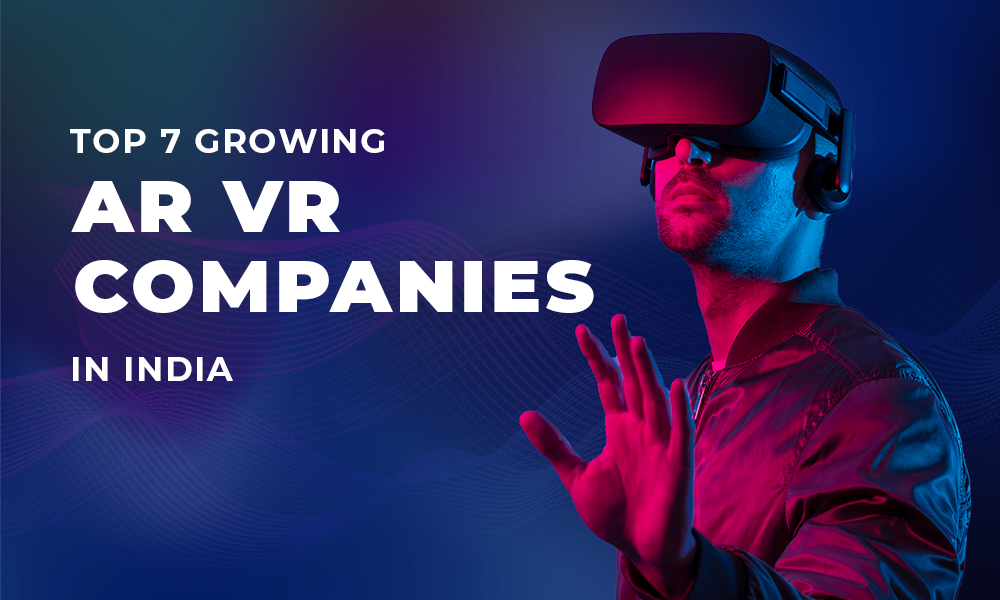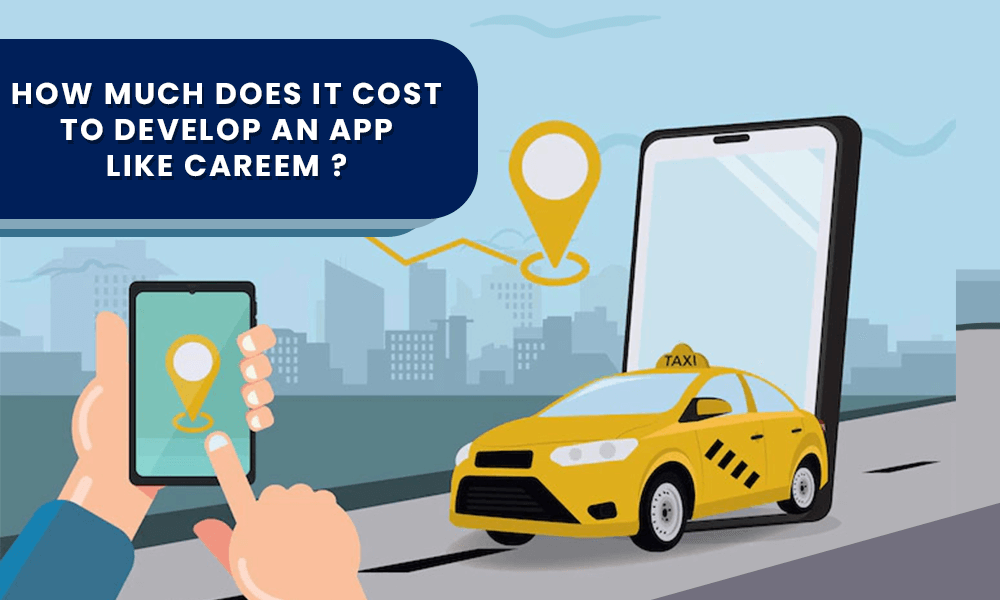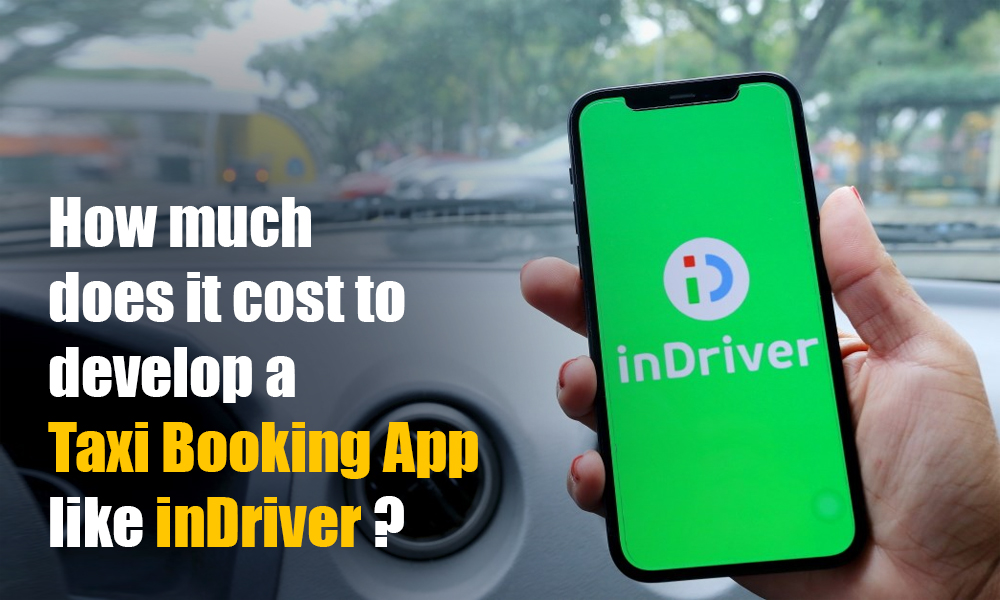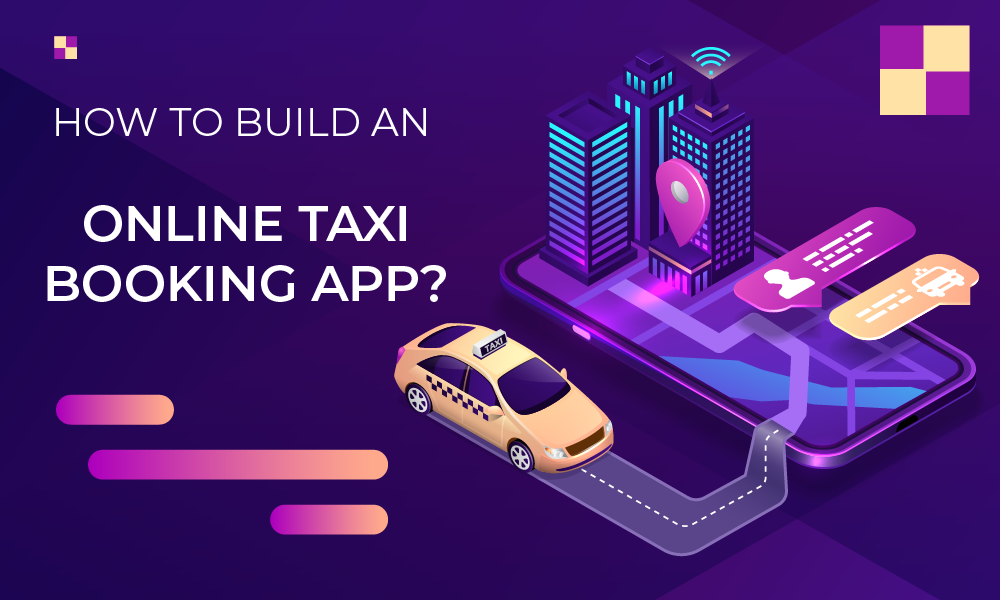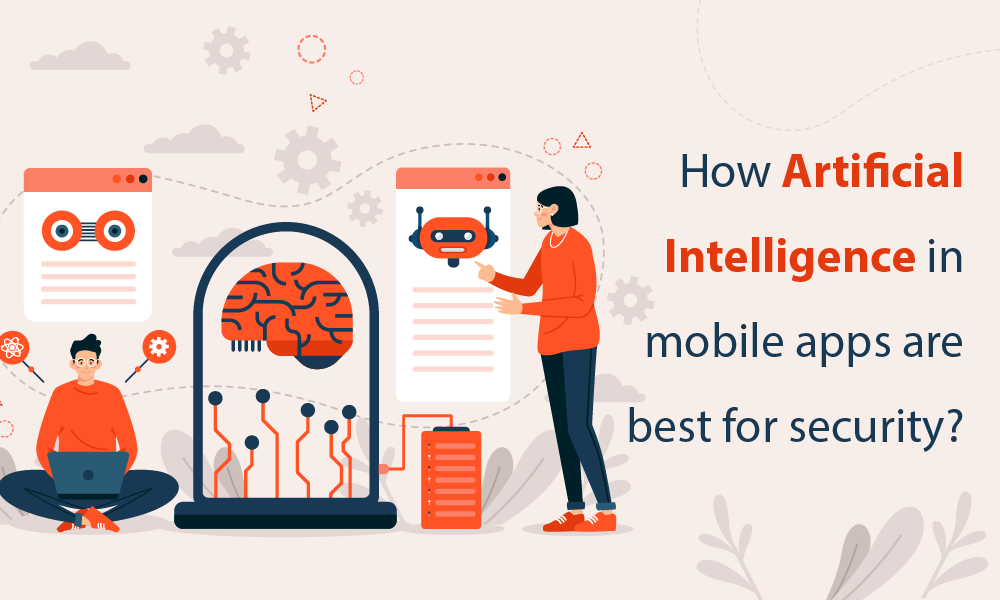Introduction:
The road to self-driving cars has been a long one, starting way back in the 1920s. But it’s only recently, thanks to advancements in artificial intelligence (AI), that these cars have become a real possibility.
Self-driving cars have come a long way fast. In 2010, Google’s self-driving Lexus took its first solo trip, kicking off a global race for cars that can drive themselves. A report from McKinsey & Company in 2023 predicts that the market for self-driving cars will be worth a massive $1.2 trillion by 2030, showing just how big a deal this technology is becoming.
This speedy growth is all thanks to AI, which helps these cars “see,” understand, and react to what’s happening on the road. Self-driving cars use a mix of sensors, cameras, LiDAR, and radar to gather a ton of real-time data. Then, powerful AI algorithms process this data, making decisions like a human driver but with super-precise accuracy and lightning-fast reactions.
In this blog, we’ll explore how AI is shaping the future of self-driving cars. We’ll discuss the key AI algorithms driving autonomy, highlight the practical benefits, and consider the profound impact on transportation.
The Role of AI in Self-Driving Cars:
Table of Contents
ToggleArtificial Intelligence plays a pivotal role in revolutionizing the automobile industry through the development of autonomous vehicles. This transformation is characterized by the integration of advanced AI algorithms, reshaping how vehicles perceive, decide, and act on the road.
AI’s role in self-driving cars is diverse, covering sensing, decision-making, and control. As AI progresses, its incorporation into self-driving cars sparks groundbreaking shifts in the automotive sector, ensuring safer and more effective transportation ahead.
Sensing and Perception:
AI’s impact on self-driving cars begins with its ability to sense and perceive the environment. Cutting-edge sensors, cameras, LiDAR, and radar systems equip these vehicles to gather real-time data, creating a comprehensive understanding of their dynamic surroundings. AI processes this influx of information, enabling the vehicle to “see” and interpret the road with remarkable precision.
Decision Making:
The heart of autonomous driving lies in AI’s sophisticated decision-making capabilities. Powerful algorithms analyze the collected data, mimicking the intricate decision-making skills of human drivers. AI considers various factors, such as traffic conditions, obstacles, and navigation, to make split-second decisions that ensure safe and efficient driving. This aspect of AI contributes significantly to the overall reliability and safety of self-driving cars.
Control and Actuation:
AI extends its influence to the control and actuation of self-driving vehicles. Precise control mechanisms, guided by AI algorithms, allow the car to execute decisions seamlessly. From adjusting speed to navigating complex traffic scenarios, AI ensures that the vehicle responds promptly and accurately to the dynamic environment. This not only enhances safety but also contributes to the overall efficiency and performance of autonomous vehicles.
Artificial Intelligence Algorithms Used in Self-Driving Cars:
AI algorithms play a critical role in the core functions of self-driving cars. Their ability to process data, make informed decisions, and continuously learn from experience underscores their significance in shaping the future of transportation, ensuring safer and more efficient mobility.
- Machine Learning Algorithms:
Machine learning is crucial in self-driving cars, especially for image recognition and object detection. These algorithms enable vehicles to identify objects and understand situations on the road by learning from diverse real-world driving scenarios. They continuously adapt, improving the cars’ ability to navigate safely and efficiently in various conditions.
- Deep Learning Algorithms:
Deep learning, powered by neural networks, is essential for decision-making in autonomous vehicles. These complex algorithms allow cars to process huge volumes of data, aiding quick and accurate decisions in real-world situations. Through deep learning, self-driving vehicles recognize patterns, adapt to changing environments, and make informed decisions vital for safe driving.
- Reinforcement Learning:
Reinforcement learning ensures continuous improvement in self-driving cars by learning from experience. These algorithms refine decision-making processes over time through real-world feedback. This ongoing learning loop helps autonomous vehicles evolve and enhance their driving capabilities for optimal performance.
Real-world examples showcasing algorithm effectiveness:
- Netflix uses machine learning to suggest movies and TV shows based on your watching history and preferences, keeping you engaged with content you’re likely to enjoy.
- Facebook employs deep learning algorithms to automatically tag people in photos, even when they’re not facing the camera directly. This technology, trained on vast facial image datasets, ensures accurate recognition.
- Google Translate has enhanced translation accuracy using deep learning, capturing language nuances for more natural and fluent translations, and overcoming language barriers effectively.
- Reinforcement learning trains robots in manufacturing to perform complex tasks through trial and error. This enables them to optimize actions, improving productivity and adaptability in manufacturing processes.
Benefits of AI in Self-Driving Cars:
As AI becomes an integral part of self-driving cars, its positive influence on the automobile industry becomes more apparent. Below are points highlighting the various benefits AI brings to autonomous vehicles.
Enhanced Safety:
One of the most significant advantages of AI in self-driving cars is its pivotal role in enhancing safety on the roads. With advanced AI algorithms, these vehicles exhibit remarkable precision and lightning-fast reflexes, significantly reducing the occurrence of accidents and fatalities. AI’s ability to perceive and respond to the dynamic environment ensures a safer driving experience for both passengers and pedestrians.
Increased Efficiency:
AI contributes to optimizing traffic flow and reducing travel time, making transportation more efficient. Through real-time data analysis and decision-making capabilities, self-driving cars equipped with AI algorithms navigate routes with finesse, minimizing congestion and streamlining the overall traffic system. This increased efficiency not only benefits individual commuters but also has broader implications for urban planning and infrastructure management.
Accessibility:
AI-powered self-driving cars open new doors for improved transportation options, particularly for individuals with disabilities. The autonomous features embedded in these vehicles offer newfound independence and accessibility, enabling a broader segment of the population to enjoy convenient and safe mobility.
Environmental Impact:
In alignment with growing environmental concerns, AI plays a significant role in promoting eco-friendly driving practices. The optimization of routes and driving patterns by AI algorithms contributes to reduced fuel consumption and lower emissions. As self-driving cars become more prevalent, their positive environmental impact is poised to play a crucial role in the sustainability of transportation systems.
AI in self-driving cars goes beyond mere convenience, making a substantial impact on safety, efficiency, accessibility, and environmental sustainability. This transformative technology is guiding the automobile industry toward a future characterized by safer, more accessible, and environmentally conscious transportation.
AI for Autonomous Vehicles Safety:
When it comes to self-driving cars, safety reigns supreme. After all, entrusting your life to a machine demands ultimate trust in its ability to navigate the unpredictable tapestry of the road. Thankfully, AI in self-driving cars is not just about convenience; it’s about building a fortress of safety around every passenger.
AI is reshaping safety in self-driving cars with advanced measures. Redundancy systems and fail-safes act as backups, preventing accidents by swiftly switching to alternative mechanisms in case of technical glitches. Continuous monitoring through sensors and real-time decision-making by AI algorithms ensure precise navigation in dynamic environments. This critical role in implementing redundancy and quick decision-making stands as a cornerstone for safer self-driving cars, marking significant progress towards a future with reduced road accidents and enhanced safety on the roads.
Impact of AI on Self-Driving Cars
Self-driving cars extend their impact far beyond roads, significantly influencing our economy, society, and ethical frameworks. Here’s a closer look at their transformative effects:
Economic Impact
While self-driving cars may replace some transportation jobs, they simultaneously create opportunities in AI engineering, software development, and cybersecurity to maintain and enhance these sophisticated vehicles. New industries, such as car-sharing platforms and delivery drones, could flourish, presenting both challenges and prospects that necessitate strategic planning.
Social Impact
Self-driving cars have the potential to revolutionize daily commutes, allowing individuals to reclaim time spent in traffic for work, relaxation, or entertainment. This newfound freedom may also reshape urban planning, transforming parking lots into parks, repurposing traffic lanes, and redesigning cities for walkability and sustainability. The impact of self-driving cars reaches beyond transportation, influencing the very fabric of our communities.
Ethical Considerations
A significant challenge in AI-driven vehicles is the ethical quandaries surrounding decision-making in critical situations. Determining responsibility in cases of accidents and programming ethical principles into AI algorithms are complex issues requiring thoughtful consideration and open dialogue. As self-driving technology advances, ensuring ethical decision-making and addressing public concerns will be pivotal for building trust and fostering acceptance.
AI and the Future of Transportation
The future of AI in self-driving cars is filled with exciting possibilities. Here are some of the most anticipated innovations:
Integration with Smart Cities:
AI plays a pivotal role in molding the future of urban transportation. It fosters smarter city planning by optimizing traffic flow, reducing congestion, and enhancing overall efficiency in urban landscapes.
Advancements in Connectivity:
The progression of vehicle-to-everything (V2X) communication marks a milestone. AI facilitates seamless communication between vehicles, infrastructure, pedestrians, and other elements, enabling real-time data exchange for safer and more efficient travel.
Autonomous Fleets:
The emergence of shared autonomous transportation services signals a shift in mobility patterns. AI-driven autonomous fleets promise convenient, cost-effective, and environmentally friendly commuting options, shaping a future where shared mobility is central to transportation systems.
AI’s role in fostering smart cities, enhancing connectivity, and revolutionizing shared mobility services marks a transformative trajectory for the future of transportation, promising safer, more efficient, and sustainable urban landscapes.
Successful Implementations of AI in Self-Driving Cars:
While the vision of a completely self-driving car is still in progress, numerous companies are making substantial advancements in AI-driven driving technologies. Here are three noteworthy examples:
- Tesla’s Autopilot System:
While not fully autonomous, Tesla’s Autopilot leverages AI for features like adaptive cruise control, lane departure warning, and parking assistance. It’s constantly learning and evolving, pushing the boundaries of advanced driver-assistance systems.
- Waymo’s Driverless Taxi Service:
Operating in Phoenix, Arizona, Waymo’s fleet of self-driving cars relies on advanced AI algorithms to navigate complex urban environments. Their service offers a glimpse into the future of autonomous transportation, thought still limited to specific areas.
- Uber’s Autonomous Vehicle Program:
Despite recent setbacks, Uber continues to invest in AI-powered self-driving cars. They’ve conducted extensive testing in various cities and partnered with manufacturers to develop autonomous vehicle technology. Their focus on ride-sharing could democratize access to self-driving technology in the future.
Choose ReapMind as your strategic partner to thrive in Automobile Industry:
Self-driving cars are no longer science fiction, but a rapidly evolving reality. They have the potential to make our lives safer, smoother, and even more sustainable.
Artificial Intelligence has reshaped the automotive realm, heralding a new era in transportation. The strides in autonomous driving technology and AI algorithms mark a pivotal turn in vehicle safety, efficiency, and user interaction. The potential of AI in self-driving cars knows no bounds, ensuring ongoing progress and revolutionary innovations.
To harness the revolutionary force of AI in your enterprise, collaborate with ReapMind. Our state-of-the-art AI development services propel technological prowess and ingenuity.
Reach out to our experts today to delve into our array of AI solutions and services. Let’s connect!
FAQs:
- How much will self-driving cars cost?
Ans: The initial cost will likely be higher than for traditional cars due to the advanced technology involved. However, as the technology matures and production scales up, the price is expected to come down, making self-driving cars more accessible in the future. - Will self-driving cars be eco-friendly?
Ans: Absolutely! AI can optimize routes and driving styles, reducing emissions and fuel consumption. - Are self-driving cars safe?
Ans: Safety is paramount! AI systems are constantly learning and improving, and advanced features like collision avoidance and emergency braking are built in. - Can AI-driven vehicles operate in adverse weather conditions? Ans: AI and sensors are getting better at handling tough weather for self-driving cars, but there are still challenges. Researchers are working on stronger systems to navigate heavy rain, snow, and fog.
































































